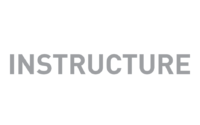
Empowering academics to be adaptive with eLearning technologies: An exploratory case study
This paper describes an exploratory case study investigating the capacity of a multidisciplinary approach to academic development, to empower adaptive responses to ongoing technological change impacting on teaching practice. A quasi-experimental design with an intervention group (n = 22) and a comparative control group (n = 7) was adopted. Pre and post online questionnaires were […]















